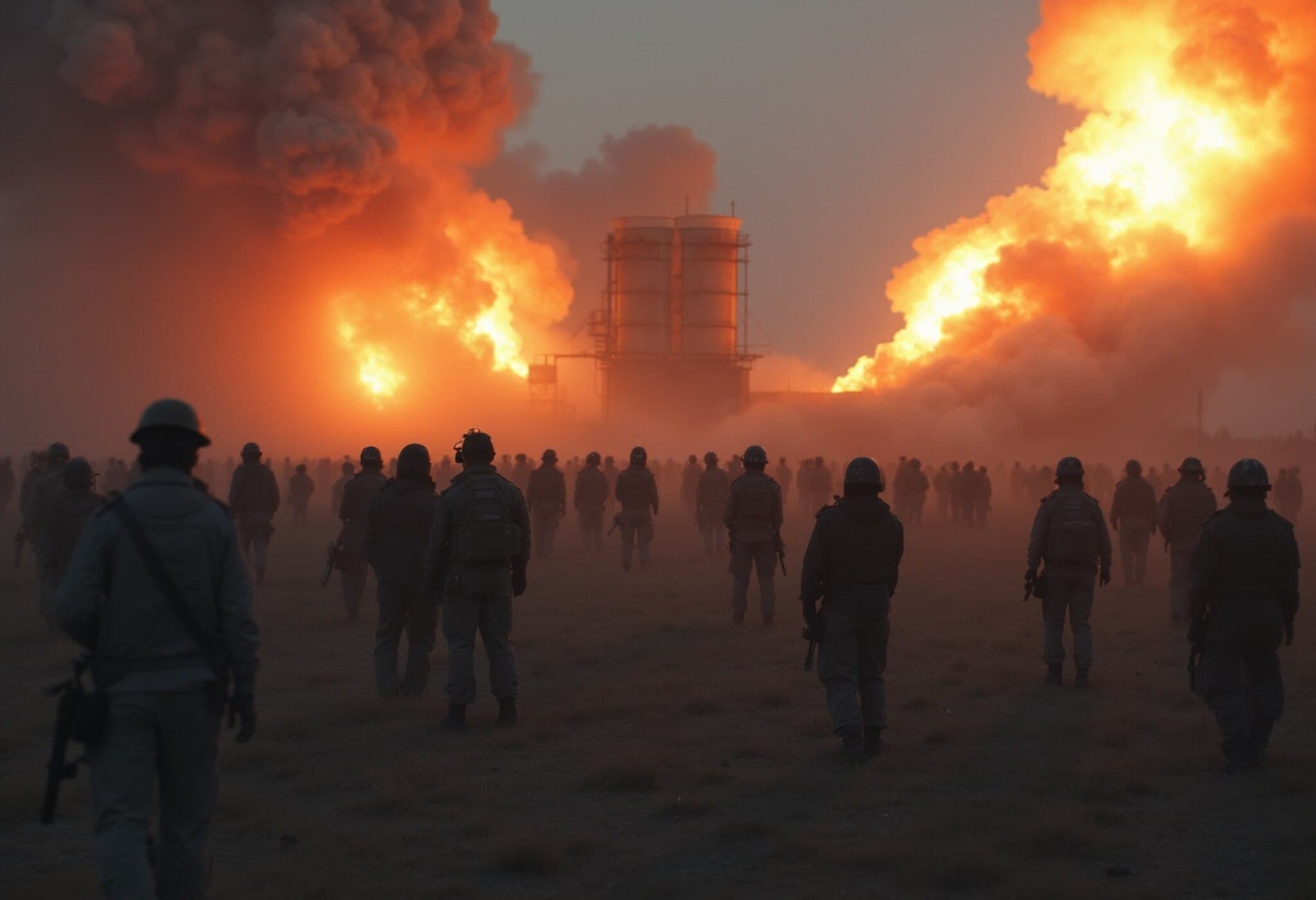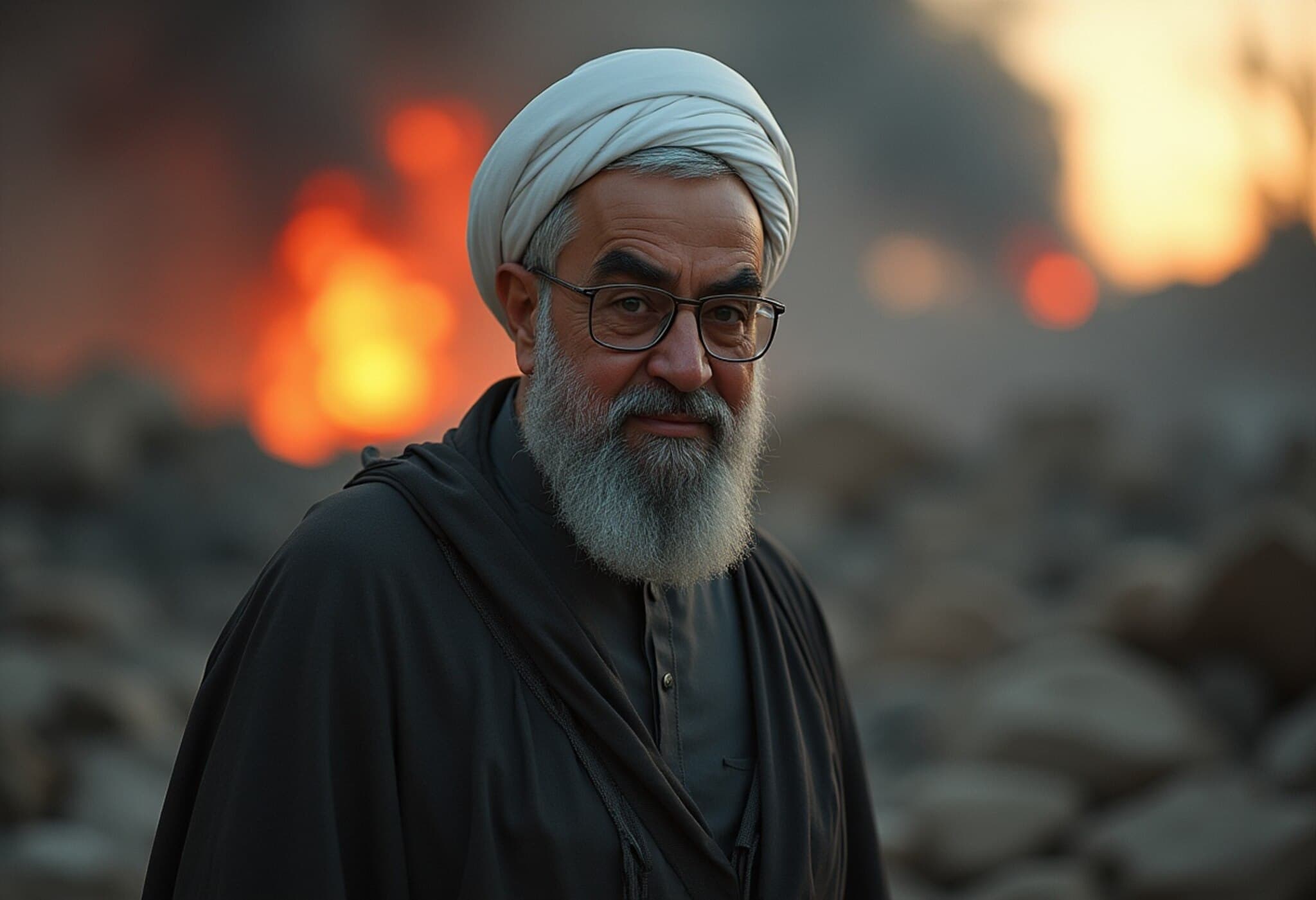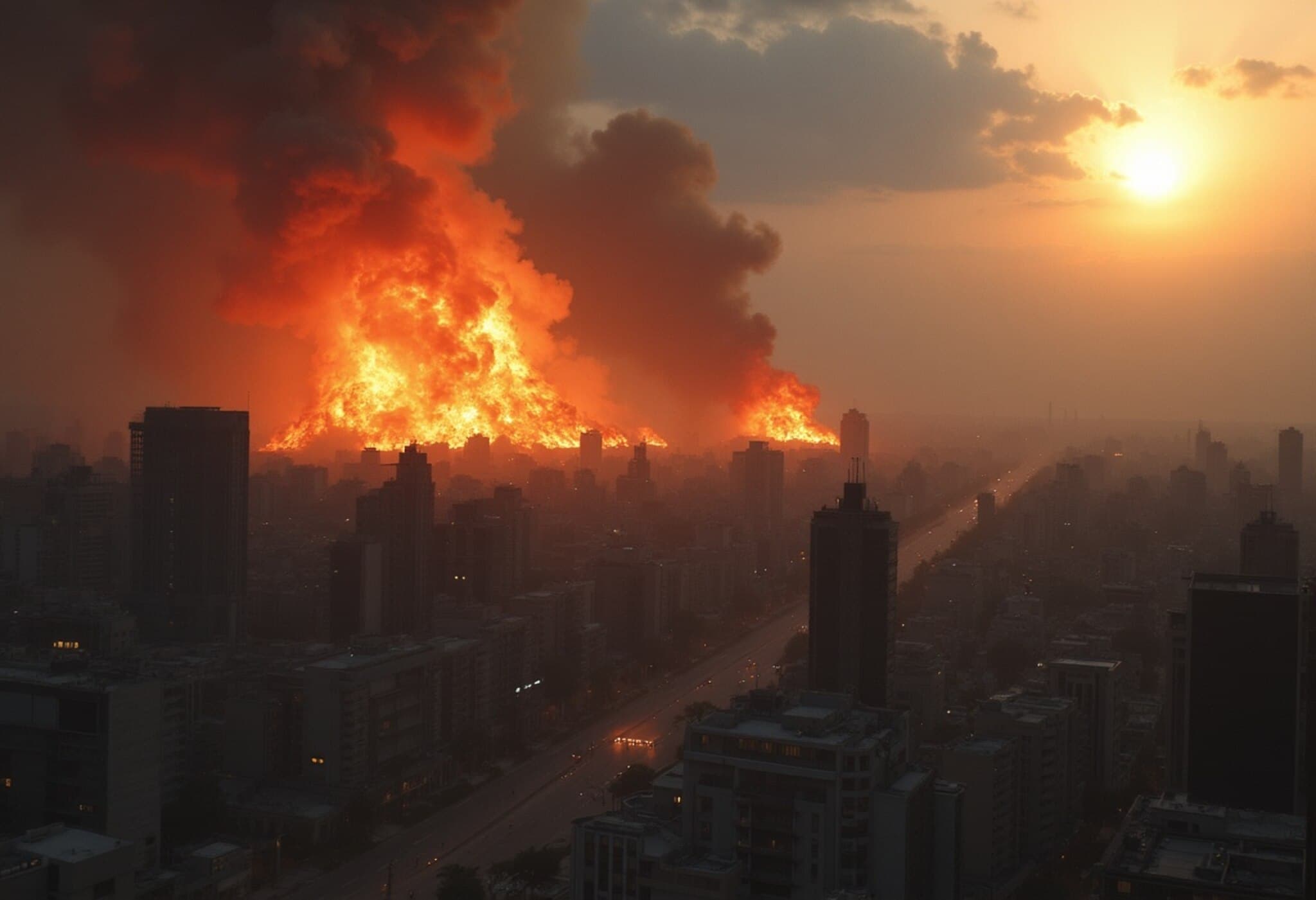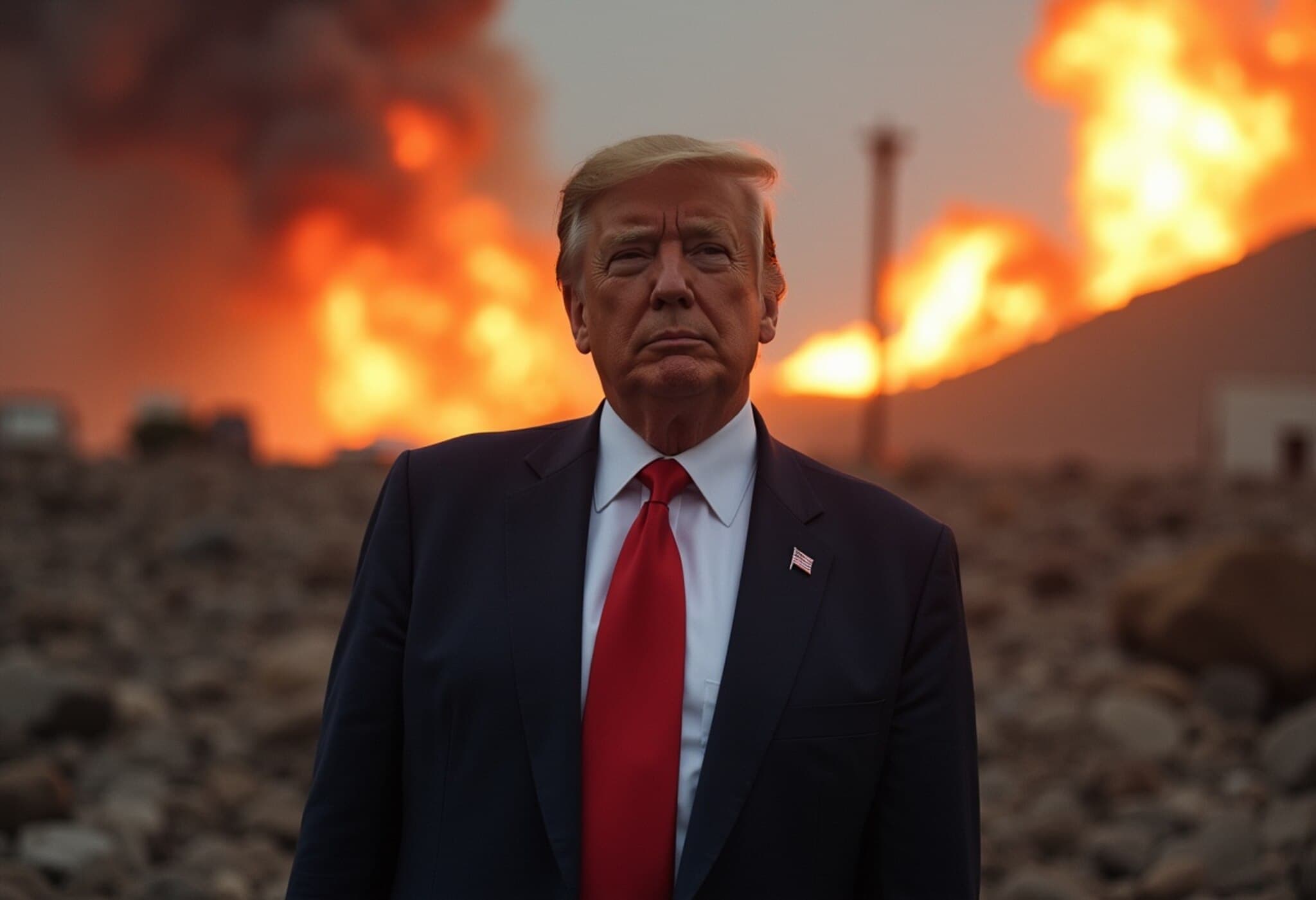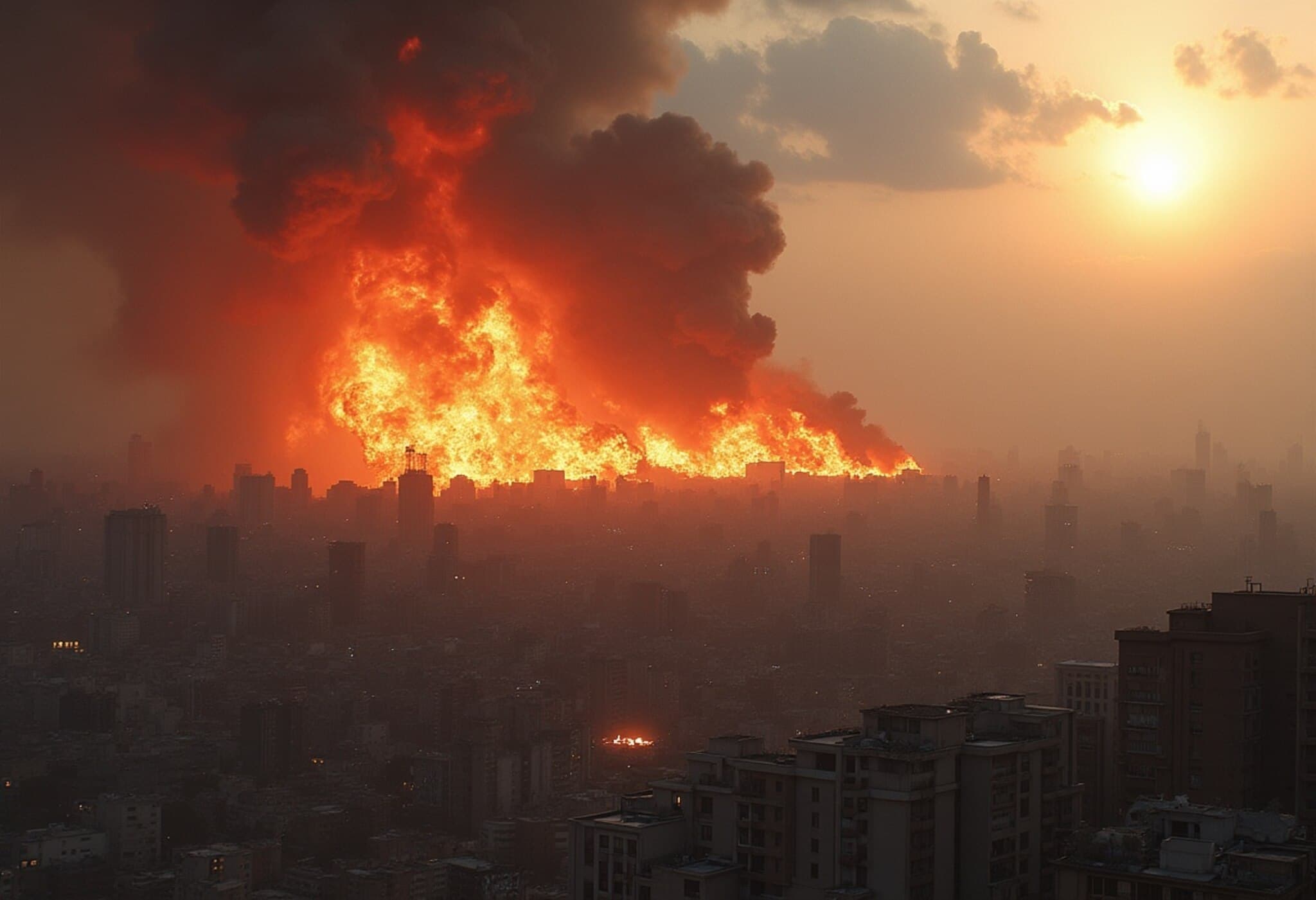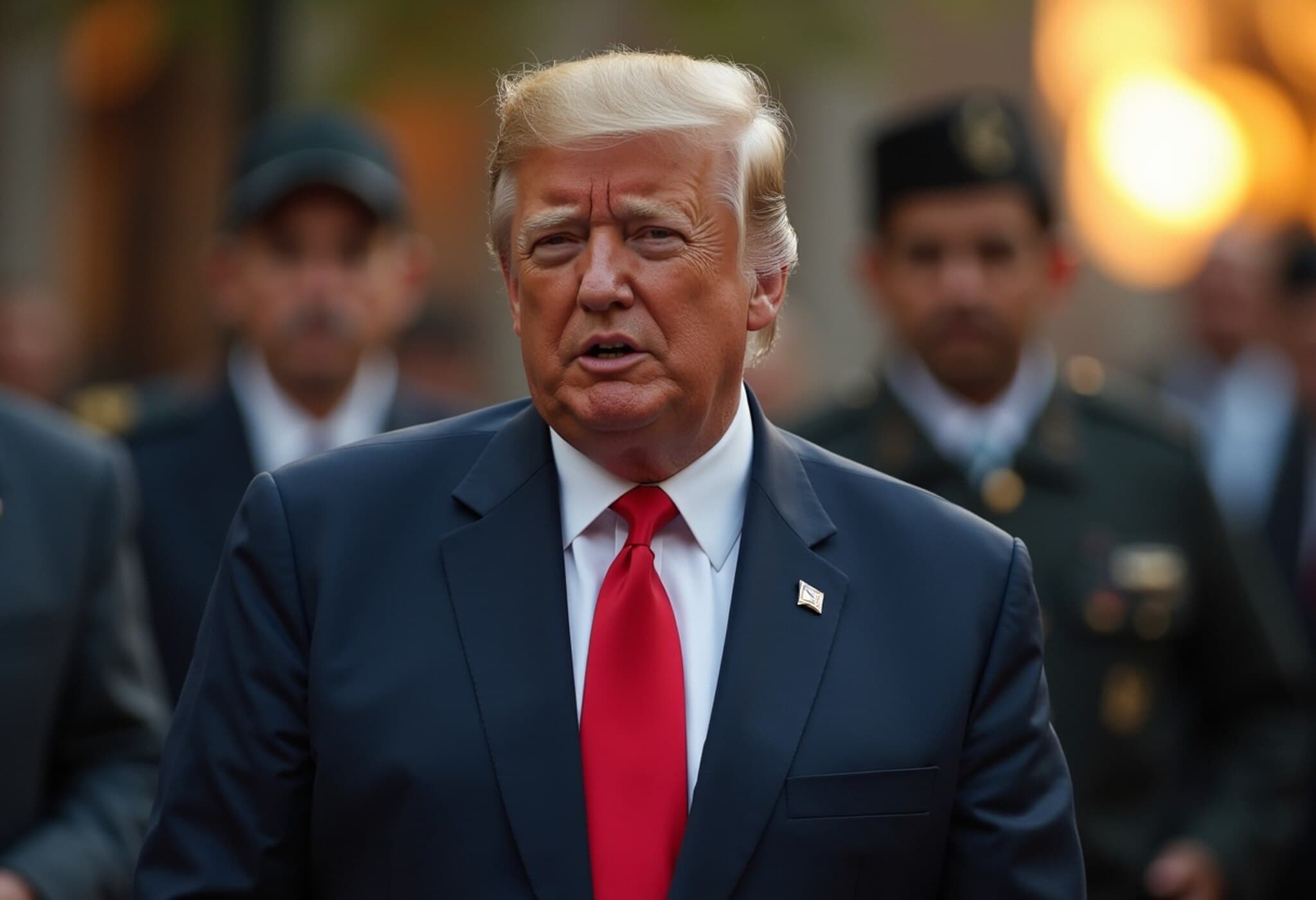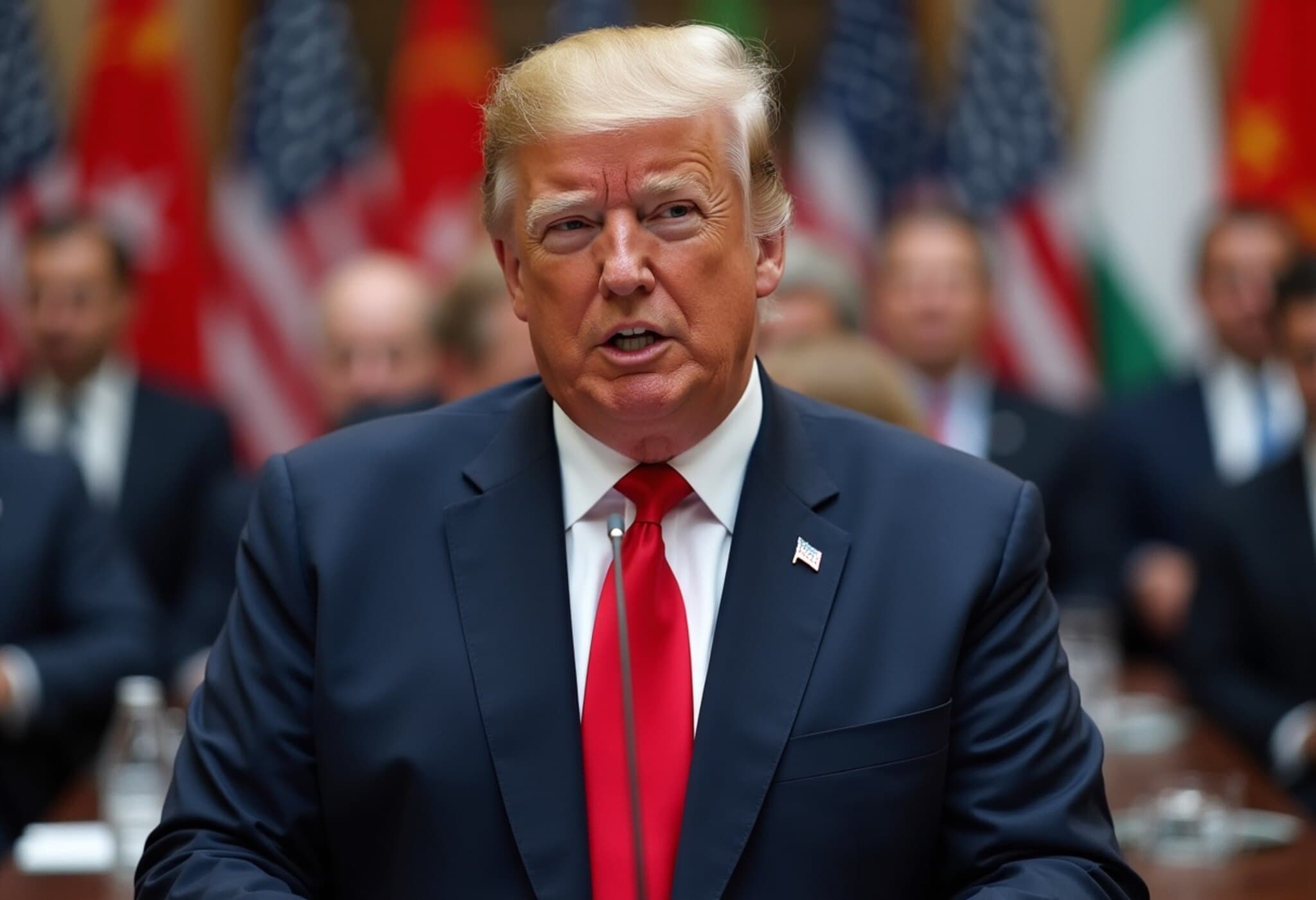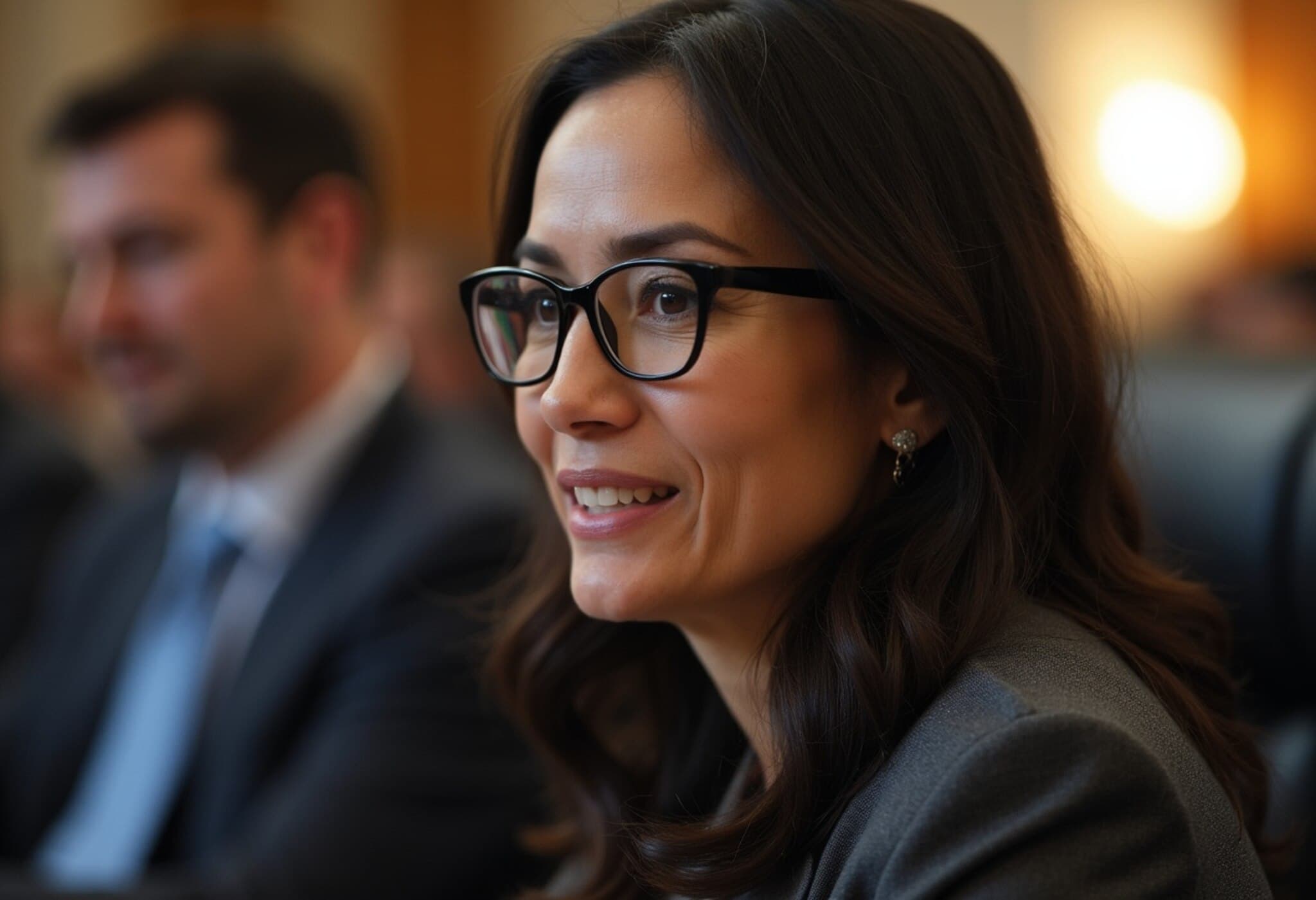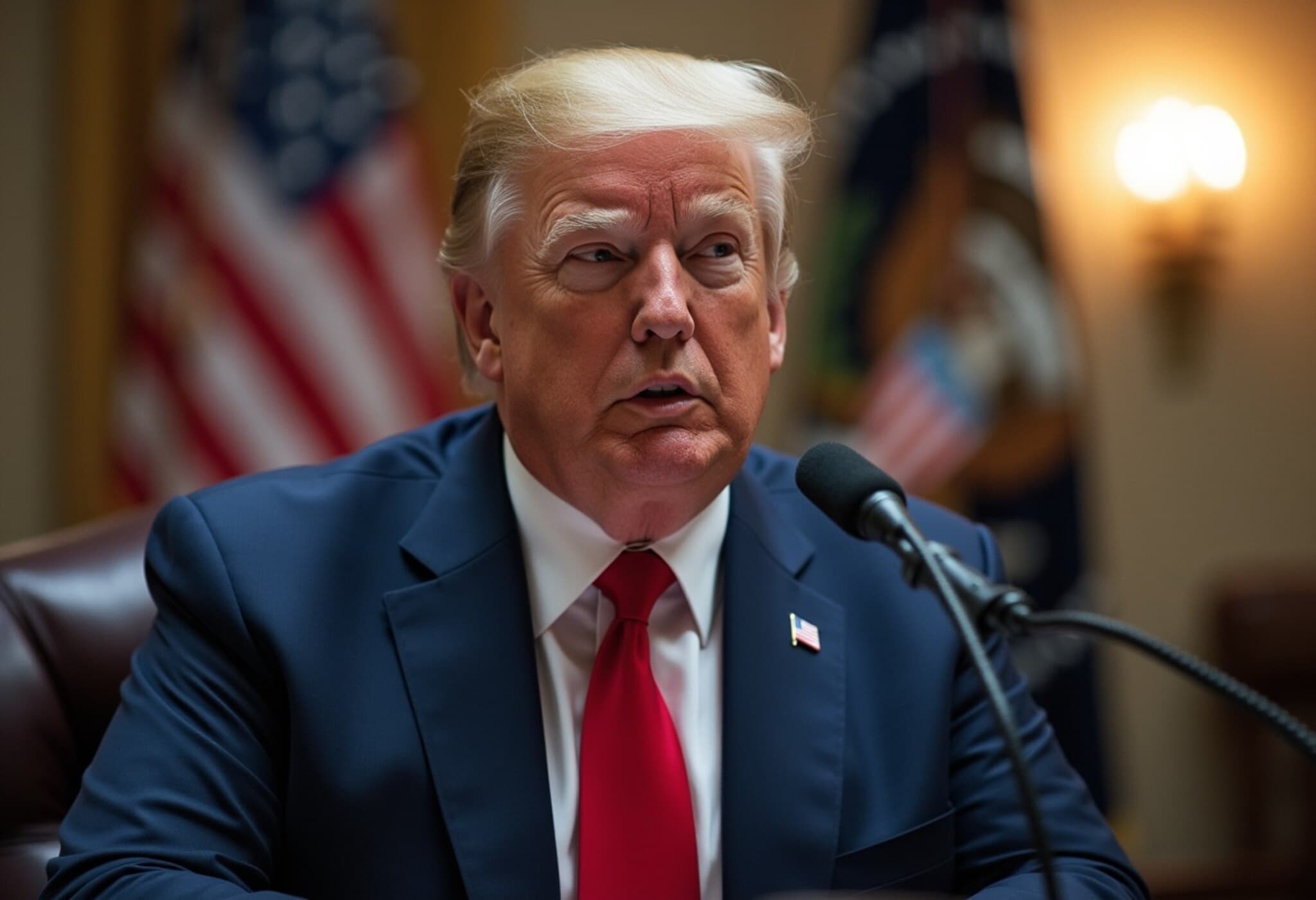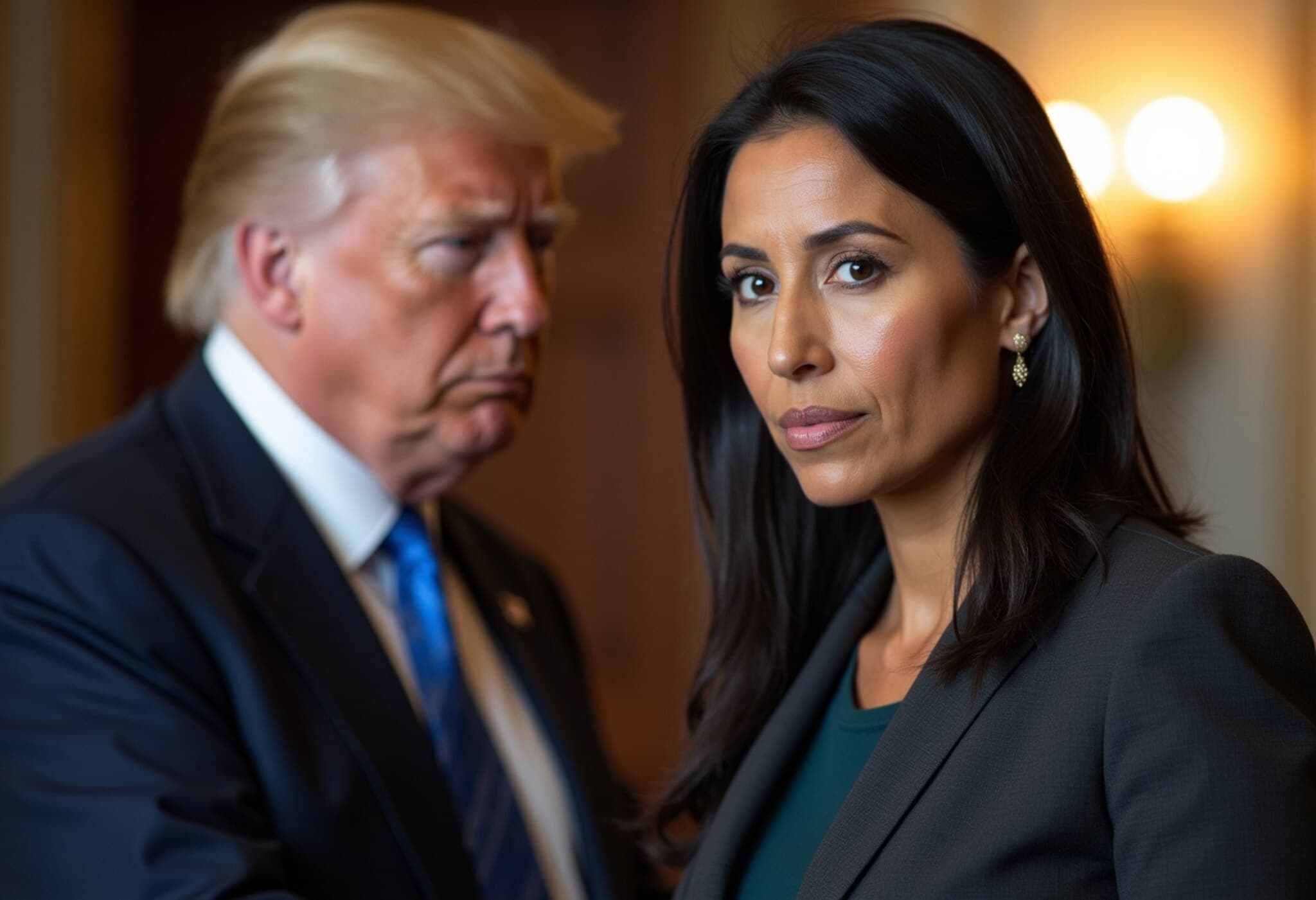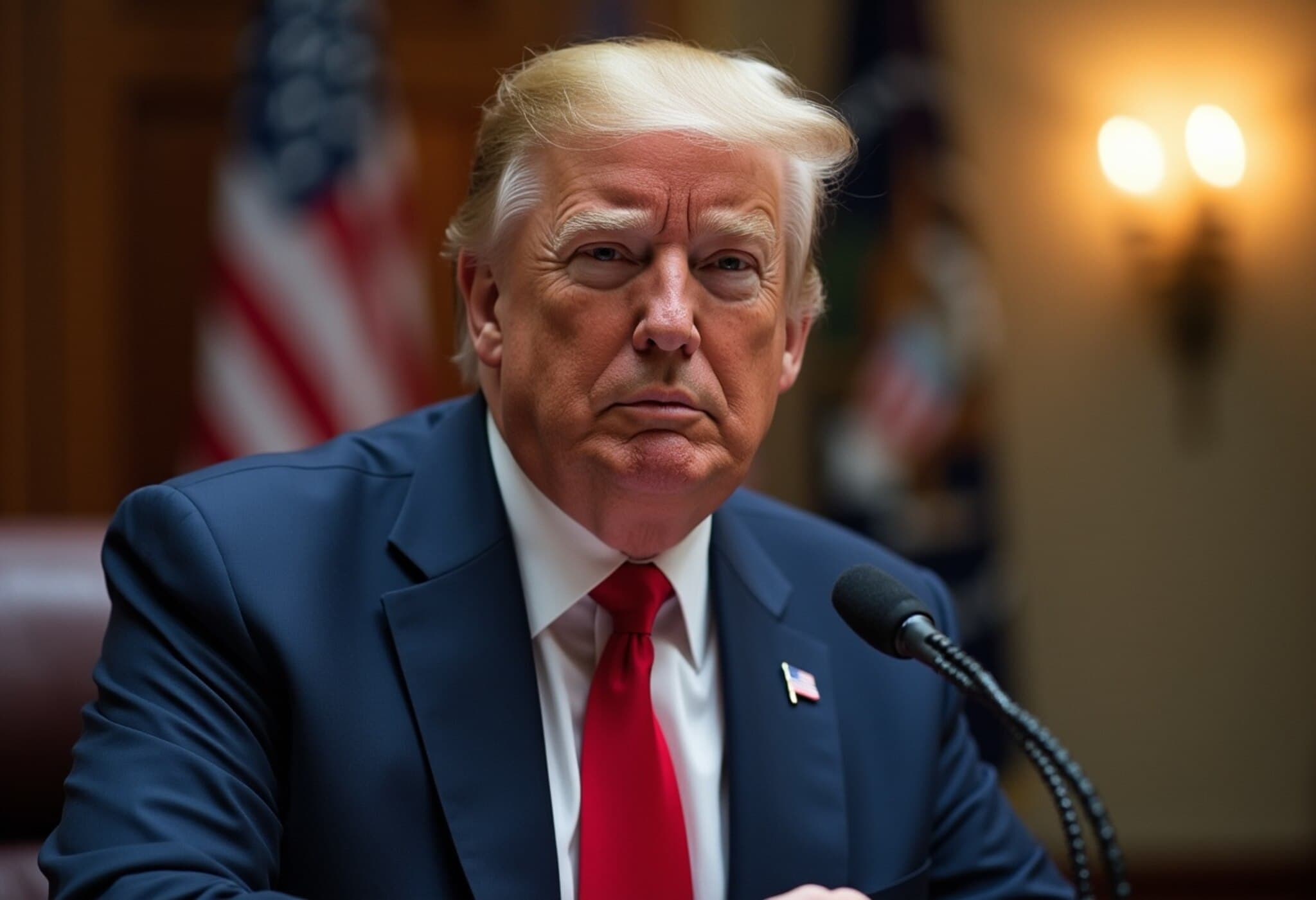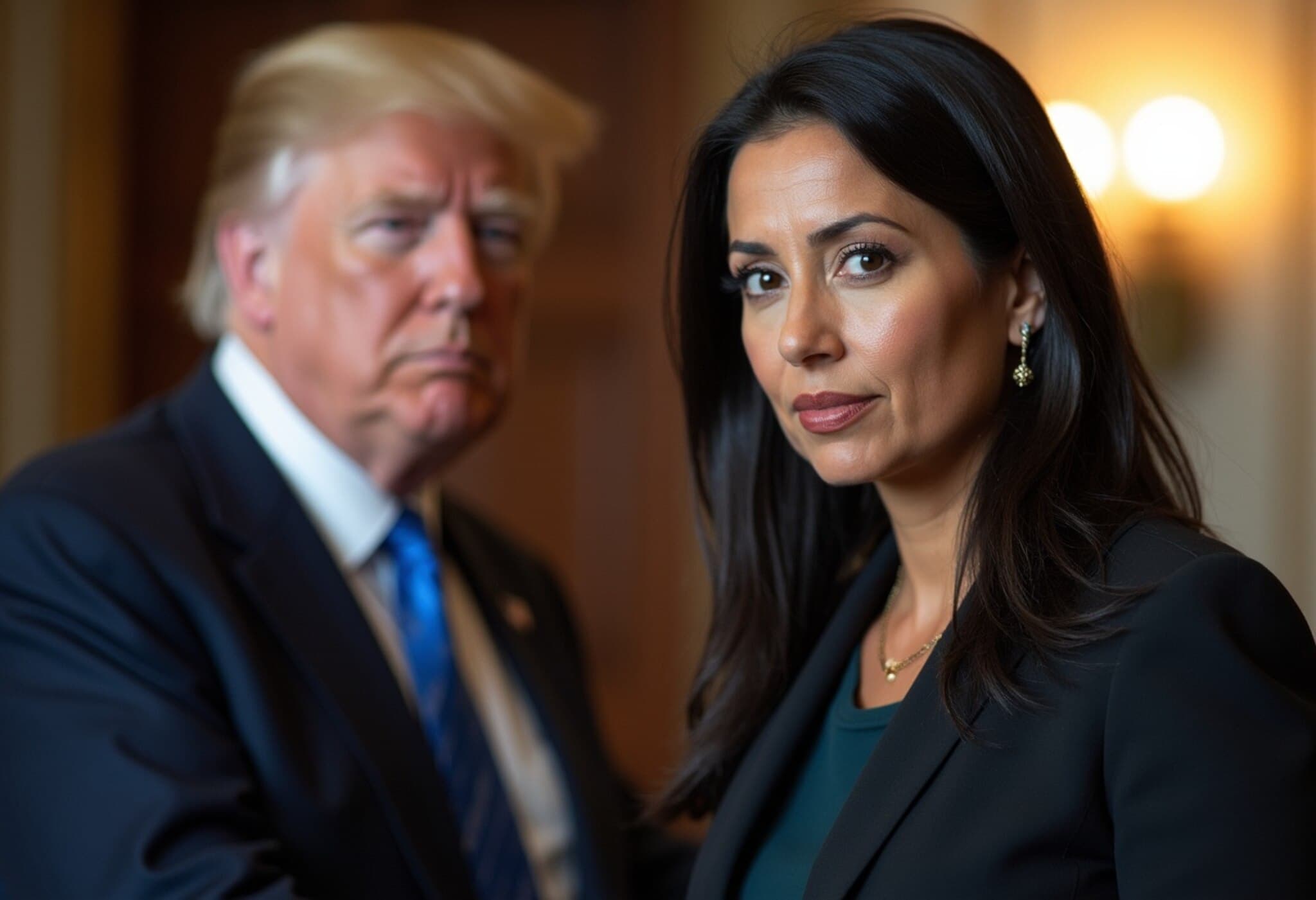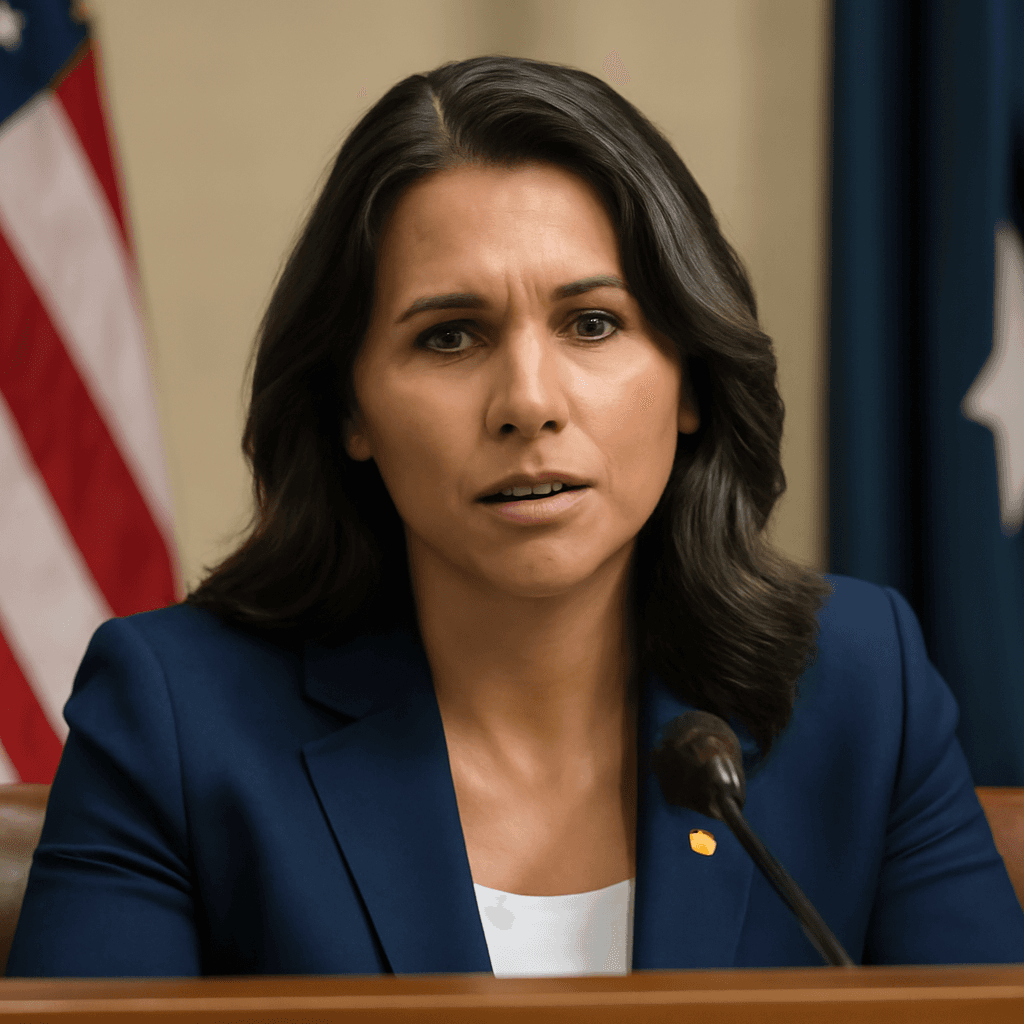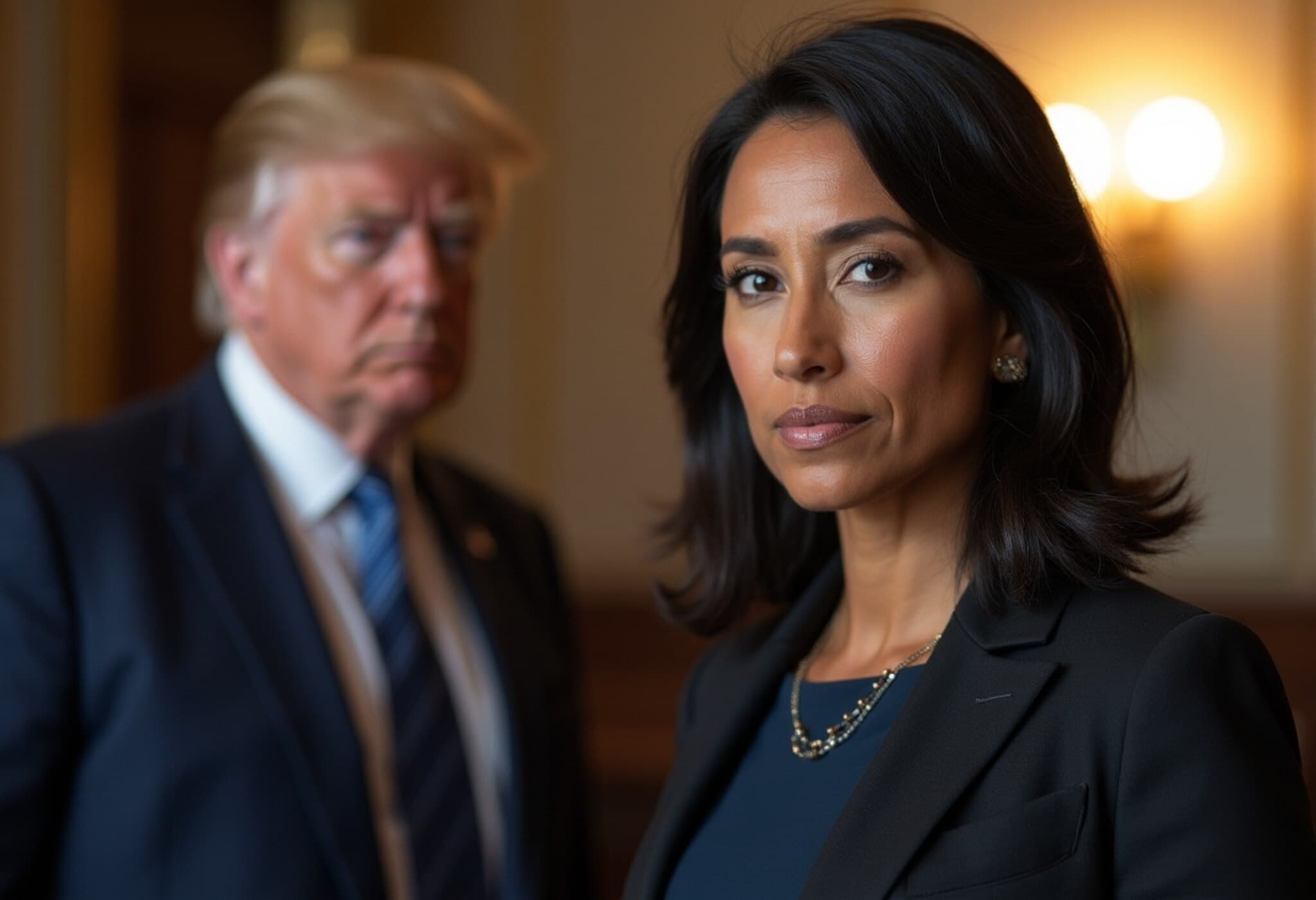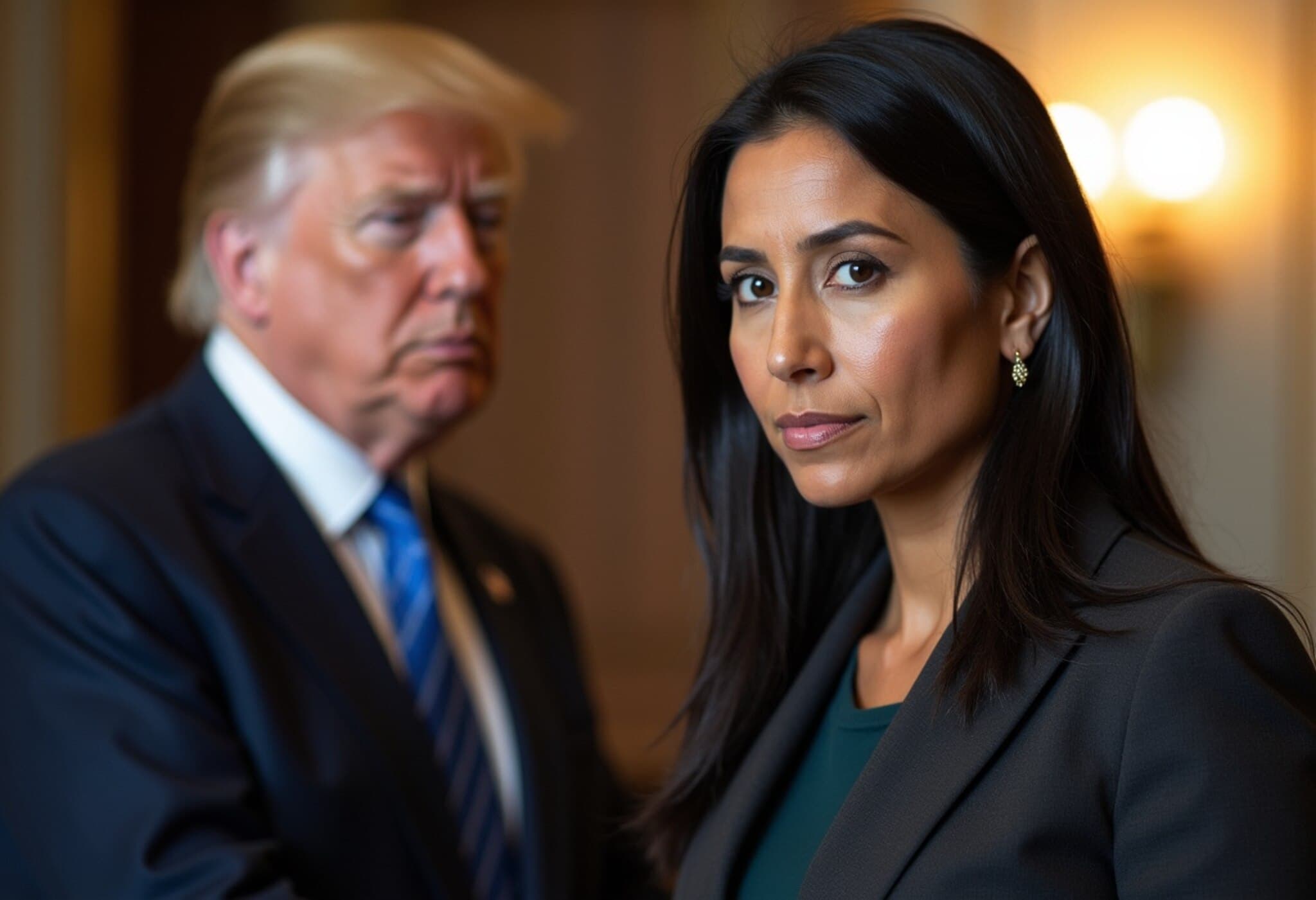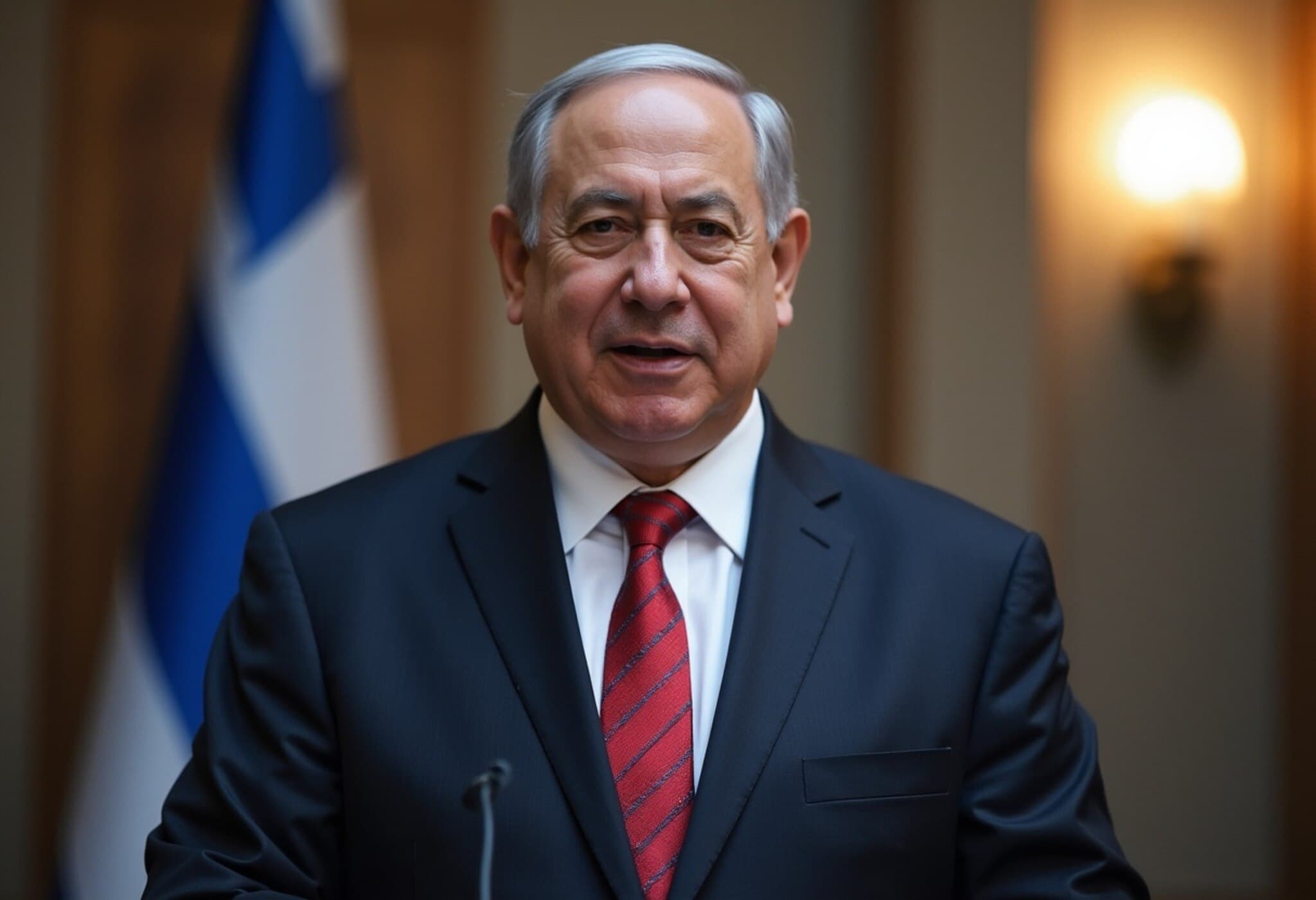US Intelligence Chief Revises Stance on Iran Nuclear Program
Tulsi Gabbard, the US Director of National Intelligence, has updated her position regarding Iran's nuclear capabilities, now warning that Tehran could produce a nuclear weapon within a matter of weeks. This dramatic shift follows criticism from former President Donald Trump, who publicly challenged her earlier statements.
A Turning Point in Congressional Testimony
Earlier this year in a Congressional hearing, Gabbard stated that Iran was stockpiling materials but was not actively assembling a nuclear weapon. However, after Trump disputed this view, stating that Iran had amassed significant nuclear material and could build a weapon soon, Gabbard responded by clarifying her remarks.
On social media, she accused the media of distorting her testimony, saying, "The dishonest media is intentionally taking my testimony out of context and spreading fake news as a way to manufacture division." She emphasized that US intelligence indicates Iran is capable of producing a nuclear device within weeks or months if it chooses to proceed.
Context of Rising Tensions
President Trump recently gave Iran a two-week ultimatum to reach a deal with the US on its nuclear program. Concurrently, he hinted at the possibility of the United States supporting Israeli military actions against Iran.
In response, Iranian Foreign Minister Abbas Araghchi expressed a willingness to negotiate but emphasized the difficulty of talks amid ongoing regional hostilities, stating that Iran "cannot go through negotiations with the US when our people are under bombardment." Tehran has consistently maintained that its nuclear program is peaceful and not aimed at weaponization.
Implications for International Diplomacy
- US intelligence now warns Iran's nuclear breakout capability is imminent.
- Diplomatic talks remain fragile amid escalating rhetoric and regional conflict.
- Iran's stance stresses peaceful intentions despite mounting global pressure.
The evolving narrative underscores heightened tensions and the urgency surrounding nuclear non-proliferation efforts in the Middle East, with potential ramifications for global security and diplomatic relations.



